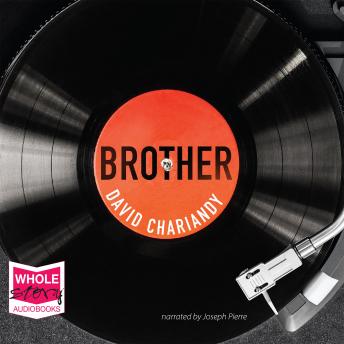

killing time.” Clarke’s phrase evokes the summer police killings of men like Lester Donaldson, Wade Lawson, Albert Johnson, and others whose names have largely been stricken from the Canadian historical record. Perhaps this strikes the strongest cord with me about his writing-brown and black lives, immigrant lives, working class lives-centered and held gently, openly, to show they matter.In the year before his death, Austin Clarke gave a commencement speech at York University where he reminded his young audience that “summer time,” for Black people in Canada, “used to be called. A kid reaching brave in the skull hum of power.” Chariandy has cited the influence that other writers of colour have had on him-showing him that his own family’s stories are worth telling. I am gripped by Chariandy’s ability to impart social commentary about complex issues such as masculinity, race, and immigrant experiences, while also capturing the most intimate moments between characters-a son mixing his exhausted mother extra sweet juice, a boy sharing cheap beer with his younger brother in the park.Īnd then there are the words themselves, bordering again and again on poetry from the very first page: “Memory’s got nothing to do with the old and grey and faraway gone. But amongst the violence, Chariandy also paints a tender portrayal of two brothers navigating a world that expects them to fail. So, when Chariandy released his next book, Brother, this past fall, I attended the launch, bought the book, and read it in two nights.īrother focuses on two boys with West Indian ancestry growing up in a Scarborough housing complex in 1991 the younger brother, Michael, guides us through his relationships with his Trinidadian mother and his brother Francis, and with the tense, colourful, and sometimes violent society that surrounds them.īrother is especially relevant today in its depiction of racism and police violence, and perhaps also important in that it shows these issues exist in Canada too. I was deeply moved by Chariandy’s sensitive portrayal of a mother and son battling through their individual and collective histories. Ever since a student suggested I read his first novel Soucouyant years ago, I’ve held it close to my heart-teaching it in my classroom and begging him to visit for a book talk (with success, finally, last year!).


I’m obsessed with David Chariandy’s books and brain.


 0 kommentar(er)
0 kommentar(er)
